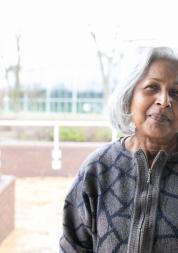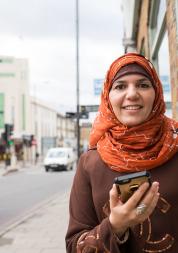Covid-19 Insight Report: March to July 2020
.

At a glance...
For Healthwatch Slough, the outbreak has also resulted in changes to our work, with much of our planned public engagement and visits to services paused and an increased focus on providing advice and signposting, in addition to supporting the local response to Covid-19.
However, this does not mean that the work of Healthwatch to understand people’s experiences has stopped. With a fast-moving Covid-19 response, real-time intelligence about the issues the public are facing is just as important as it has ever been. It is also important that services understand the impact these changes are having more broadly — especially when they concern people’s safety or will have implications for when services begin transitioning back to normal.
At present, our opportunity to directly engage with Slough residents is centred around video calls, social media, our website and responding to calls and emails.
We also launched three online surveys Slough residents could use to share their feedback on their experiences of accessing health and care information, services and support during this time. Each survey focused on a different group: residents aged under 25 years, residents aged 50+ and live alone, and carers.
We have:
-
Published three online surveys, each seeking feedback from different groups, such as people under the age of 25 and people aged 50+ years and living alone.
-
Launched an online survey asking people about how Covid-19 and the lockdown has impacted their mental health and wellbeing.
-
Listened to people’s feedback virtually, including a local carers group.
-
Generally people feel informed about coronavirus and how to take care of themselves during this time, but there is concern about how clear communications from the Government have been and if it was provided to those who needed it, such as care home staff.
-
Most people are getting information from TV and the internet.
-
Carers are having a harder time managing lockdown, as they have additional responsibilities without any respite and the restrictions have made it more difficult for them to perform their day to day responsibilities. This becomes even more difficult when carers have to also shield or self-isolate.
Downloads
Know more by downloading the report

